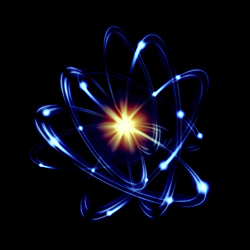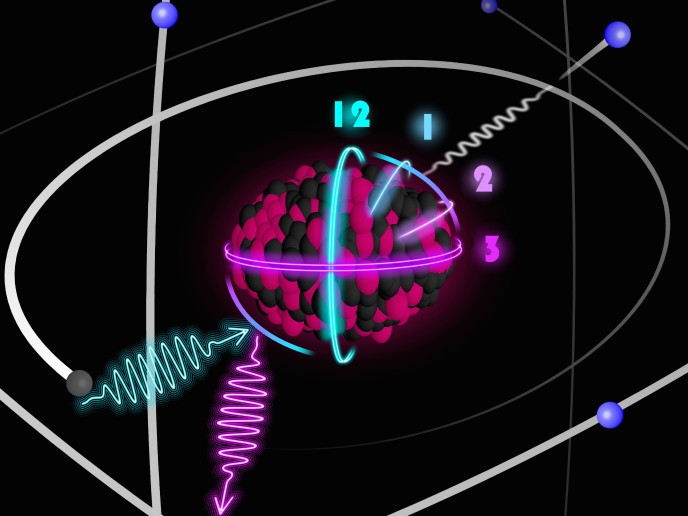Quantum simulation
Relativistic quantum mechanics (RQM) theory looks at massive particles propagating at all velocities up to those comparable to the speed of light, and can also accommodate mass-less particles. It is more successful than the original quantum mechanics theory in contexts such as the prediction of antimatter and electron spin. The key result is the Dirac equation, which is able to produce these predictions automatically. 'Quantum simulations of relativistic systems' (QURELSIM) was an EU-funded research project that opened up new high-impact lines of research in this area. It looked specifically at relevant scenarios for the simulation of relativistic quantum systems in a controllable quantum system, such as trapped ions in quantum computing architecture. The work covered subtopics including Dirac and Majorana fermions in interaction, phenomenological simulations of quantum chromodynamics (QCDs) potentials, charge fractionalisation and topological effects for Dirac fields, and spontaneous symmetry with interacting fermions. A significant achievement included the discovery of a protocol for efficient quantum simulations of fermionic and bosonic theories in trapped ions. The research team used the quantum simulation of the Hubbard and Fröhlich models to achieve their results, and their methods also have implications in high-Tc superconductivity. The project has expanded the researchers' knowledge of the quantum simulation of computable but physically impossible operations and the versatility of these methods. The research will have wide relevance in many- related fields such as high-energy physics, quantum chemistry, quantum optics and computer simulations.






